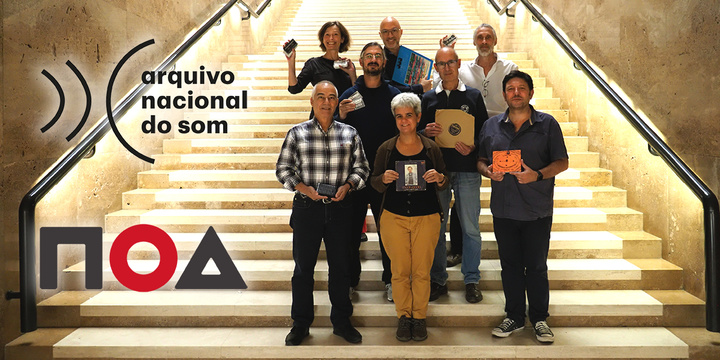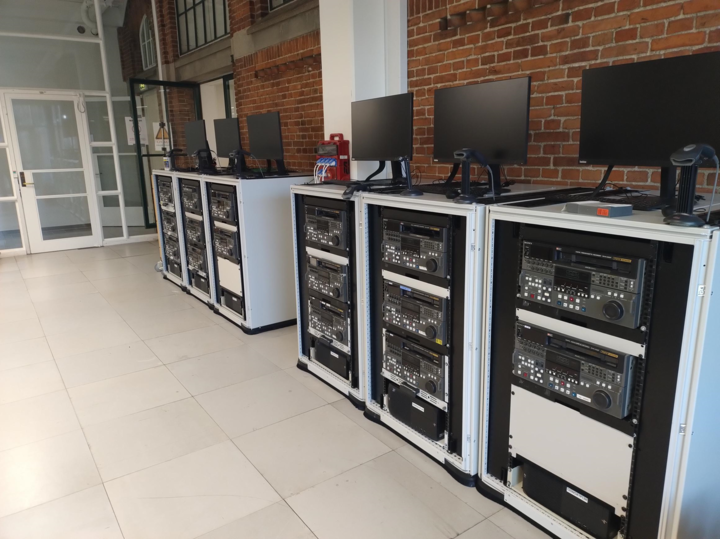Croatia’s public radio broadcaster HRT is one example of a media house that found itself having to work remotely on very short notice. When reality struck, HRT’s archiving department immediately contacted AV digitizing and archiving specialist NOA GmbH to request support in this endeavor.
Even though HRT’s 40 producers were at home, they still needed to ensure the programming flow. Like most broadcasters, they weren’t able to physically create new programs during lockdown so they were required to repurpose content. This meant they had to retrieve audiovisual material from the archives and repackage it for their listeners. That per se might seem simple enough, but they didn’t have the necessary web licenses that would allow them remote access to the repertoire.
“We actually could have never imagined that one day we would ask our producers to work from home. The surreal setting found us completely unprepared. Fortunately, NOA was there to lend a hand by providing us with 40 temporary web licenses for free. This was a truly noble act and from a business point of view, it’s increased our trust in NOA as a technology partner enormously.”
said a HRT representative of the archive department.
The entire scenario was unprecedented for HRT and its staff as it was for every other human being around the world. And to make matters more complicated, the broadcaster didn’t have extra budget to invest in these web licenses so they could remotely access NOA’s mediARC asset archive management system located at HRT headquarters.
We were really glad we could help HRT in completing their production tasks by allowing 40 creatives to be connected through our web license. The unparalleled storyline has driven so many industries to opt for online tools and in this case the in-house approach was the best one.
added Christophe Kummer, NOA managing partner.
NOA’s mediARC AAM solution delivers comprehensive media content description with its advanced metadata tools. It allows users to enrich legacy essence with content-related information and store it inside a central repository, where it will remain for many years. At present, more than 7,000 seats around the world rely on NOA mediARC to manage up to 20 million searchable metadata items and media objects per installation. These institutions include national archives and broadcasters in Sweden, Belgium, Mexico, Slovenia, Slovakia, Croatia, Romania, Bulgaria and the United Arab Emirates.



